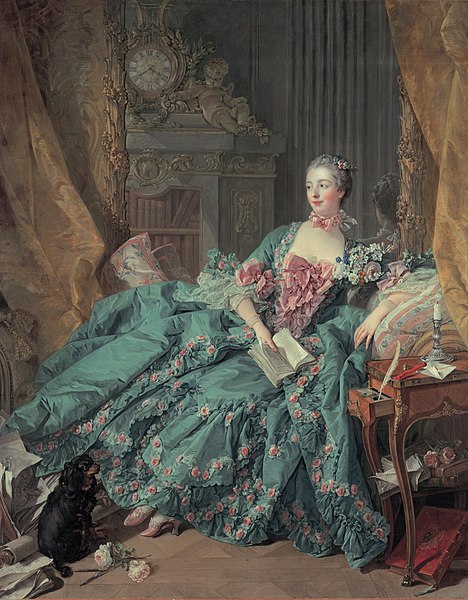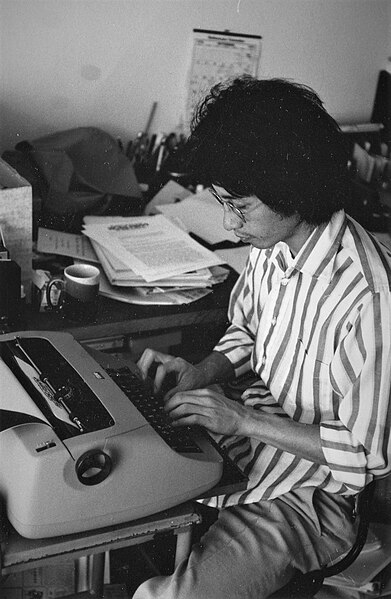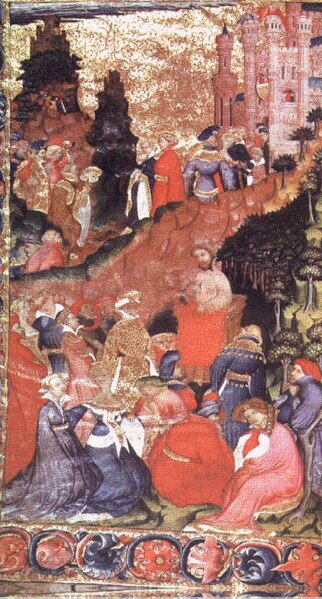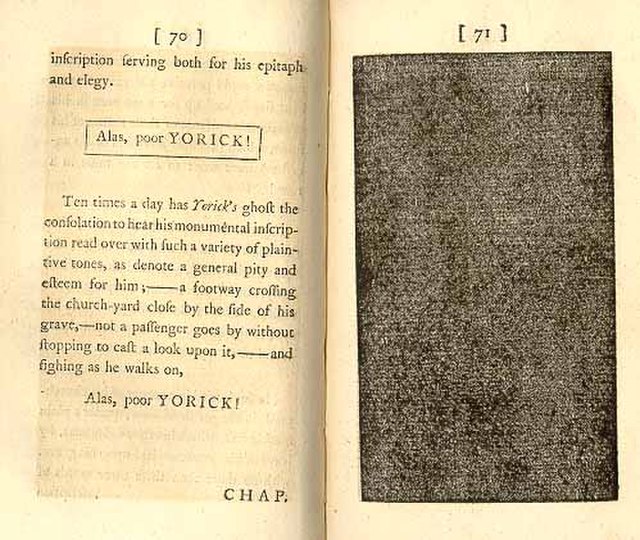A novelist is an author or writer of novels, though often novelists also write in other genres of both fiction and non-fiction. Some novelists are professional novelists, thus make a living writing novels and other fiction, while others aspire to support themselves in this way or write as an avocation. Most novelists struggle to have their debut novel published, but once published they often continue to be published, although very few become literary celebrities, thus gaining prestige or a considerable income from their work.
William Faulkner's Underwood Universal Portable typewriter in his office at Rowan Oak, which is now maintained by the University of Mississippi in Oxford as a museum
Novelist James Patterson, one of the most monetarily successful contemporary novelists, who made $70 million in 2010
Novelist Shawn Wong, at work on his first novel which was published in 1979.
Author J. K. Rowling reads from Harry Potter and the Sorcerer's Stone at the Easter Egg Roll at White House. Screenshot taken from official White House video.
A novel is an extended work of narrative fiction usually written in prose and published as a book. The English word to describe such a work derives from the Italian: novella for "new", "news", or "short story ", itself from the Latin: novella, a singular noun use of the neuter plural of novellus, diminutive of novus, meaning "new". According to Margaret Doody, the novel has "a continuous and comprehensive history of about two thousand years", with its origins in the Ancient Greek and Roman novel, Medieval Chivalric romance, and in the tradition of the Italian Renaissance novella. The ancient romance form was revived by Romanticism, in the historical romances of Walter Scott and the Gothic novel.
Some novelists, including Nathaniel Hawthorne, Herman Melville, Ann Radcliffe, and John Cowper Powys, preferred the term "romance". M. H. Abrams and Walter Scott have argued that a novel is a fiction narrative that displays a realistic depiction of the state of a society, while the romance encompasses any fictitious narrative that emphasizes marvellous or uncommon incidents. Works of fiction that include marvellous or uncommon incidents are also novels, including Mary Shelley's Frankenstein, J. R. R. Tolkien's The Lord of the Rings, and Harper Lee's To Kill a Mockingbird. Such "romances" should not be confused with the genre fiction romance novel, which focuses on romantic love.

Madame de Pompadour spending her afternoon with a book (François Boucher, 1756)
Paper as the essential carrier: Murasaki Shikibu writing her The Tale of Genji in the early 11th century, 17th-century depiction
Chaucer reciting Troilus and Criseyde: early-15th-century manuscript of the work at Corpus Christi College, Cambridge
Laurence Sterne, Tristram Shandy, vol.6, pp. 70–71 (1769)








